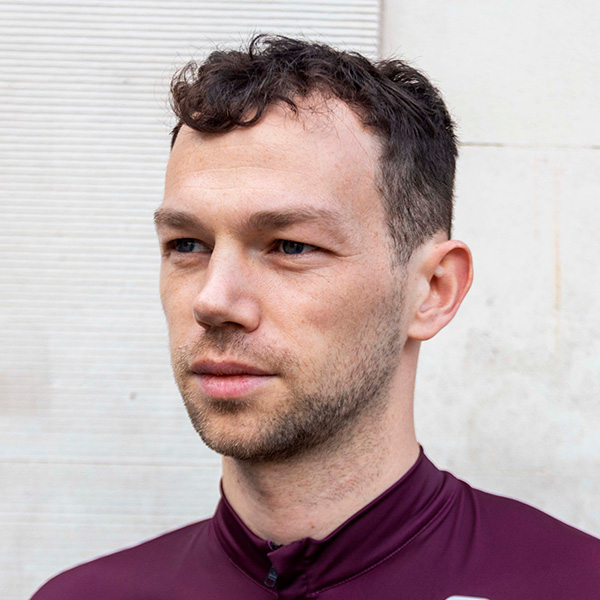Sports documentaries have become a staple of streaming platforms in recent years. Most shows either tell the remarkable stories of individual athletes or provide condensed, high-drama retellings of competitions for fans who want to relive the drama and gain behind-the-scenes insights.
So when Netflix announced a series on the Tour de France, many were – rightly – excited. Partnering with the Tour de France organisers and the production company behind the Formula 1 series Drive to Survive, Netflix looked set to give the world’s biggest bike race the same sports documentary treatment many other sports have received.
Despite its popularity, professional road cycling doesn’t get quite the same limelight as sports such as F1, and the only other major recent series to cover pro racing is The Least Expected Day, which focuses solely on the exploits of Team Movistar.
Tour de France: Unchained takes a different approach, following eight of the WorldTour teams that took part in the 2022 edition of the race. It provides insight into the chaos of the peloton, the backstories of individual riders and that very improbable likelihood in professional road racing: winning.
Having watched the first two episodes, the series looks to be a high-octane account of what was a dramatic edition of the Le Grand Boucle. But whether it will impress those deeply familiar with the mechanisms and tactics of pro racing is another question.
Battles, both physical and mental
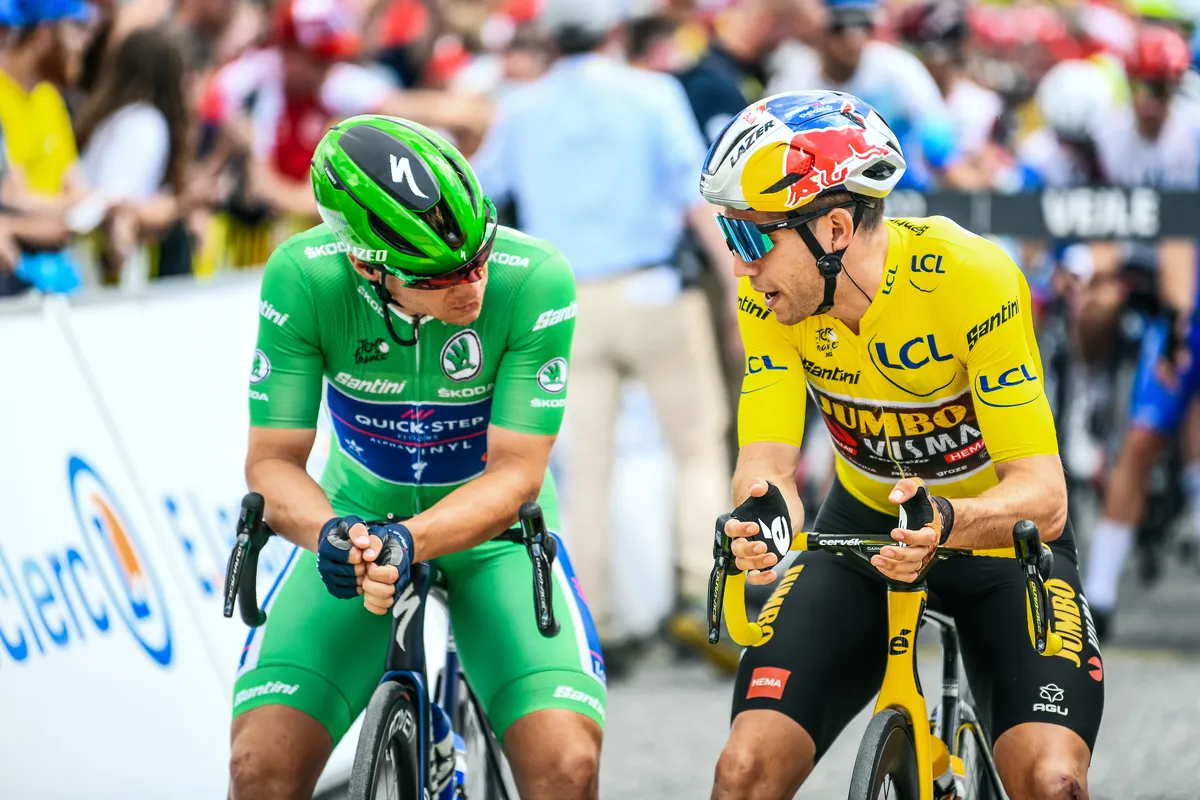
Netflix remained tight-lipped about Tour de France: Unchained for a long time after the series was first teased in March last year.
It was only when one of the producers, Yann Le Bourbouac’h, spoke to the news website RMC in April that we got a good sense of what the show would be.
He described the series as aiming to seek out the characters of the race and working on the “boundary between documentary and cinema”.
The first two episodes of the series are pretty much true to this.
The first episode focuses on Team Quick-Step Alpha Vinyl. The first half of the episode builds up to Yves Lampaert’s victory in the opening time trial, but the main narrative is the comeback story of the team’s sprinter Fabio Jakobsen.
Jakobsen crashed severely at the Tour of Poland in 2020, which resulted in him needing 130 stitches and losing 10 teeth. At the time, it looked as though his professional bike racing career could be over.
The series shows Jakobsen’s crash with a grey filter laid over the top – as it does with many of the crashes it shows from previous races – and dramatic music. In an interview, Jakobsen then explains what it means to be back racing and within the fold of the team.
This set-up makes the depiction of Jakobsen’s win on stage 2 of the race a dramatic affair, aided by how the stage itself is portrayed.
With a countdown to the riders setting off, and four and a half hours of racing condensed into roughly 10 minutes, Tour de France: Unchained makes watching a stage of the Tour de France a fast-paced, intense experience.
“The peloton keeps moving – it never stops. If you’re in the peloton, you’re alive. If you’re not in the peloton you risk death,” one of the talking heads explains, and rolling drums play over the climax of the stage.
It feels as if the makers want to get a certain message across. And after a while, I ended up thinking, 'Okay, I hear you'.
Crashes and more crashes
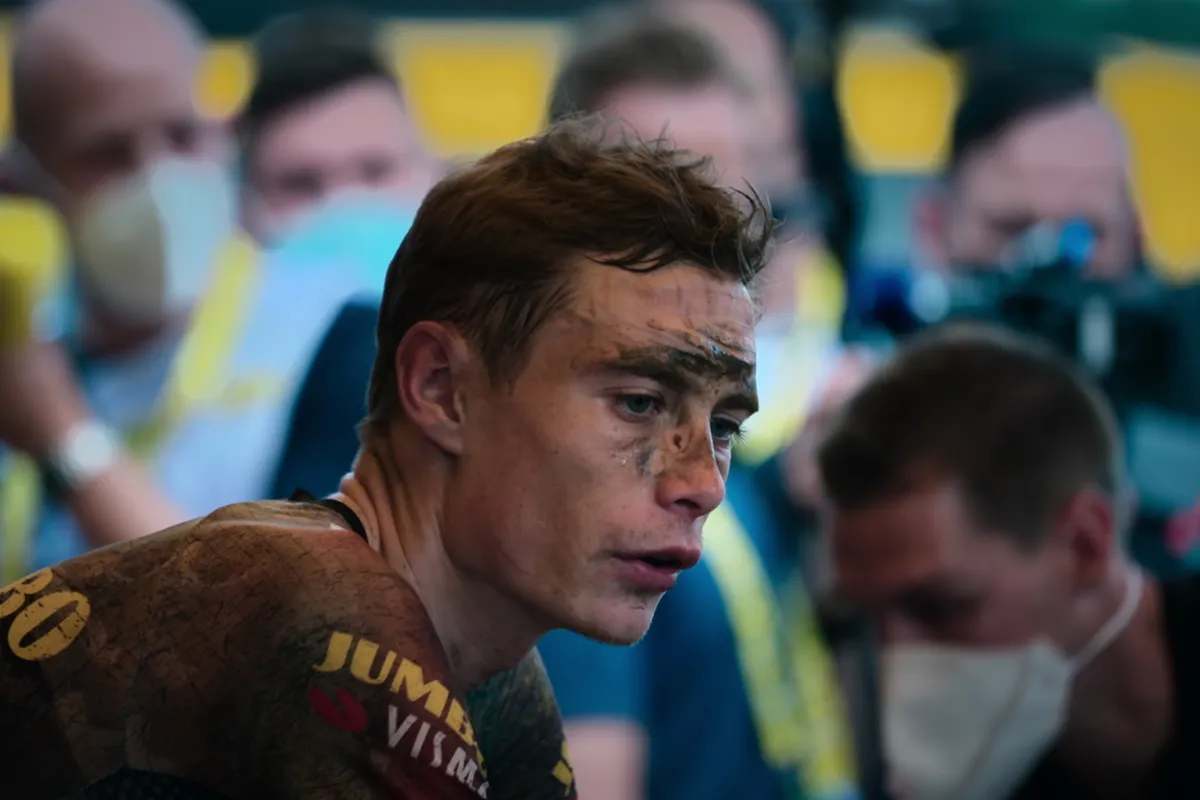
Part of this intensity is due to Tour de France: Unchained focusing on the high-drama moments of the race – particularly crashes.
The opening episode repeatedly plays ominous, deep chords when riders hit the deck and early on in the second episode we see a fast montage of riders going down.
The second episode, focusing on Team Jumbo-Visma, who would go on to win the race with Jonas Vingegaard, is especially high-drama.
Focusing on stage 5, which saw the race head over the cobbled roads between Lille and Wallers-Arenberg, we see Team Jumbo-Visma’s plans for the entirety of the race thrown into the air. Vingegaard has to switch bikes multiple times and Primož Roglič crashes hard.
The racing is narrated by clips from race radio, commentary and insight from the likes of Orla Chennaoui, professional racer Steve Chainel and the riders themselves.
The narration from talking heads switches between the present and past tense, with, for instance, Chennaoui sitting in a studio describing what is happening in the race and riders then recounting what happened.
The pace of the first two episodes and this switching between what’s happening now and what has happened is hypnotic, if not a bit grating at times. It will be familiar to anyone who has spent enough time watching this kind of show.
Quick cuts, an overload of information and evoking the chaotic unfolding of events are used as a drive to retain and win your attention.
This isn’t particularly true to the experience of watching Grand Tours live, which can be quite unengaging, as you see riders ticking off another ‘transition stage’. But if it was truthful to that experience, Tour de France: Unchained might not have quite as much of a 'wow' factor.
For the uninitiated
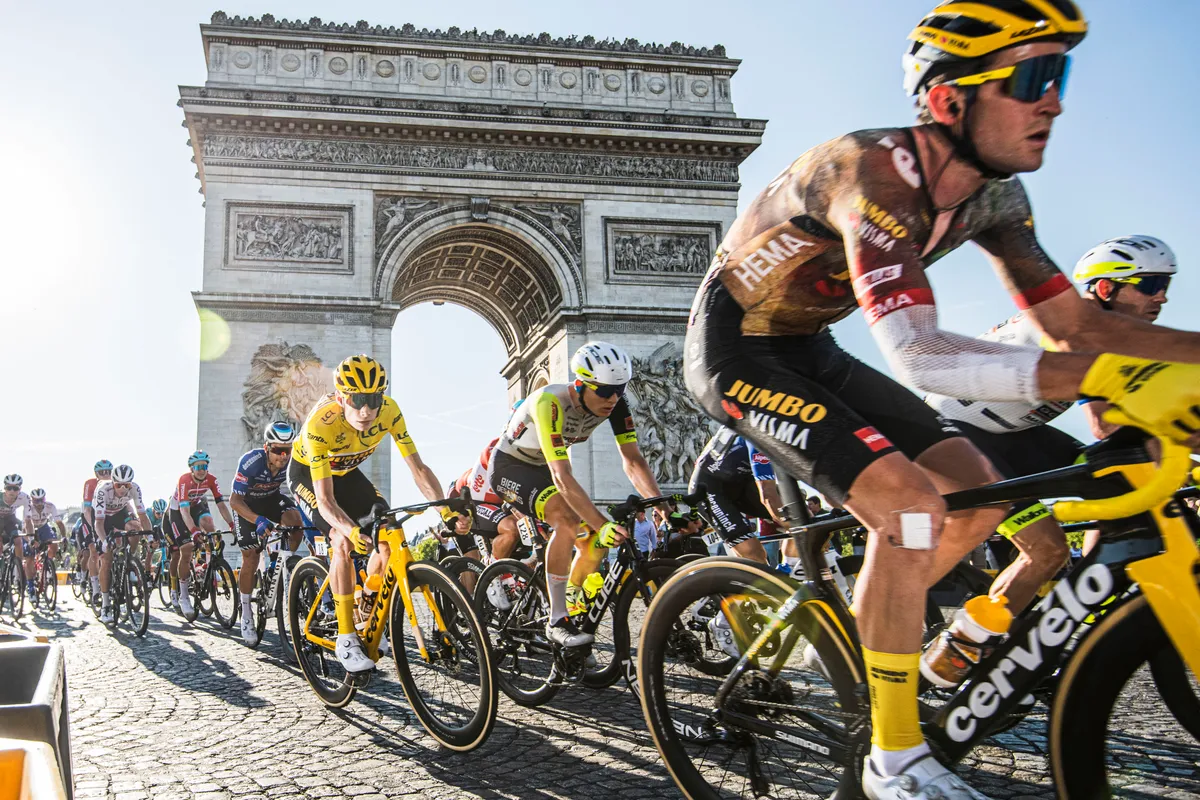
‘Wow factor’ and high drama seem to be at the core of Tour de France: Unchained, which really seems to be an attempt to entice the uninitiated into the world of professional road racing.
This is also apparent in the role experts such as Chennaoui, Chainel and David Millar play in the first two episodes.
The three explain the objectives of the Tour de France as well as the team dynamics. They cover how there are stage winners as well as an overall winner, and what role a domestique plays in a team and why they might not always want to play that role.
Having the drama punctuated with this information will help ground and explain what’s happening for those who may not know the difference between a rouleur and a grimpeur.
However, compared to a series such as The Least Expected Day, which devotes a lot more time to the psychology and motivation of Movistar’s riders, Netflix’s take on the Tour de France can still feel as though it focuses on the spectacle first, with the deep dive into the workings of pro racing playing a lesser role.
Bottom line
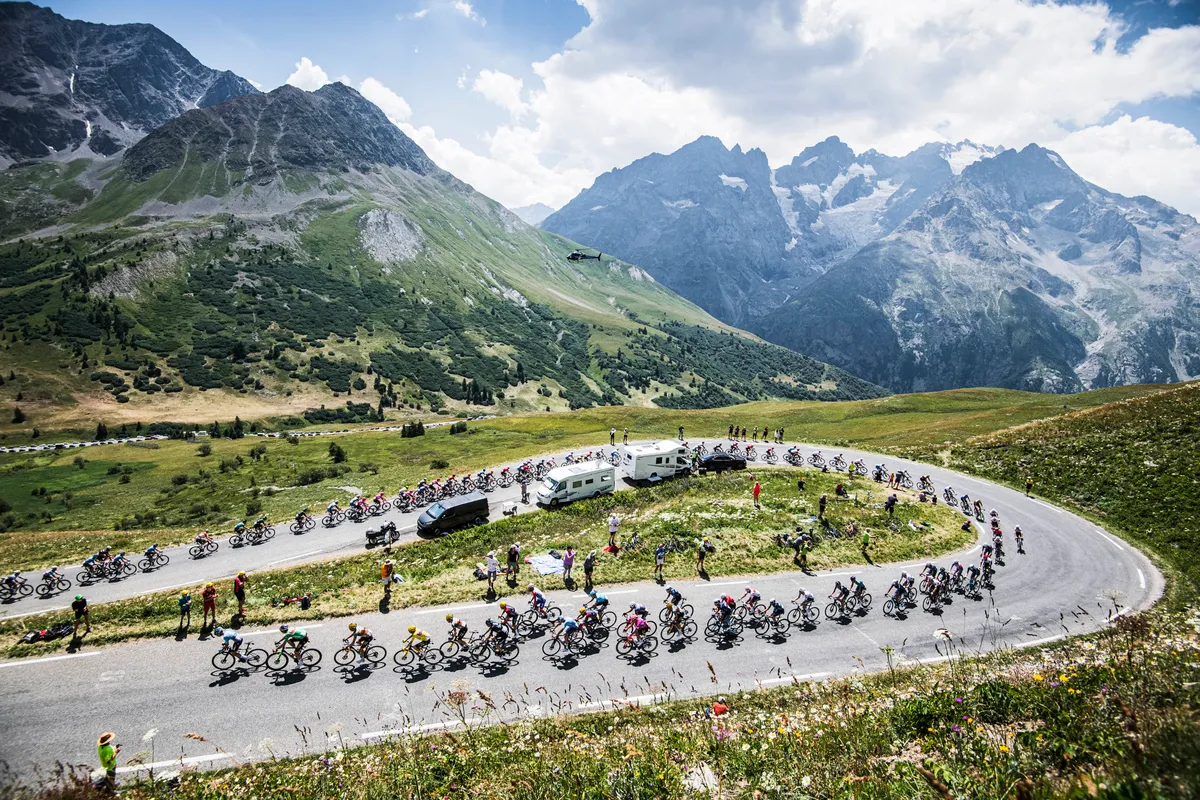
Whether it’s an issue to turn the Tour de France into such a dazzling spectacle is really a moot point. After all, the race is a spectacle and the biggest one in professional racing at that.
In his book Mythologies, the French essayist and literary critic Roland Barthes described the Tour de France as a “modern epic” of Odyssean proportions.
Tour de France: Unchained tries to live up to that claim, presenting the extraordinary feat of racing across the whole of France in a remarkable – and quite a 'Netflix-y' – way.
Many will applaud this and hope the series does for cycling what Drive to Survive has done for Formula 1, with global analytics company Neilsen stating 2.7 million 26 to 35-year-olds became interested in F1 every month in the year beginning March 2020.
It’s just a shame, possibly, that those devoted to the sport may not get much more out of it than enjoying cycling’s turn on centre stage.
